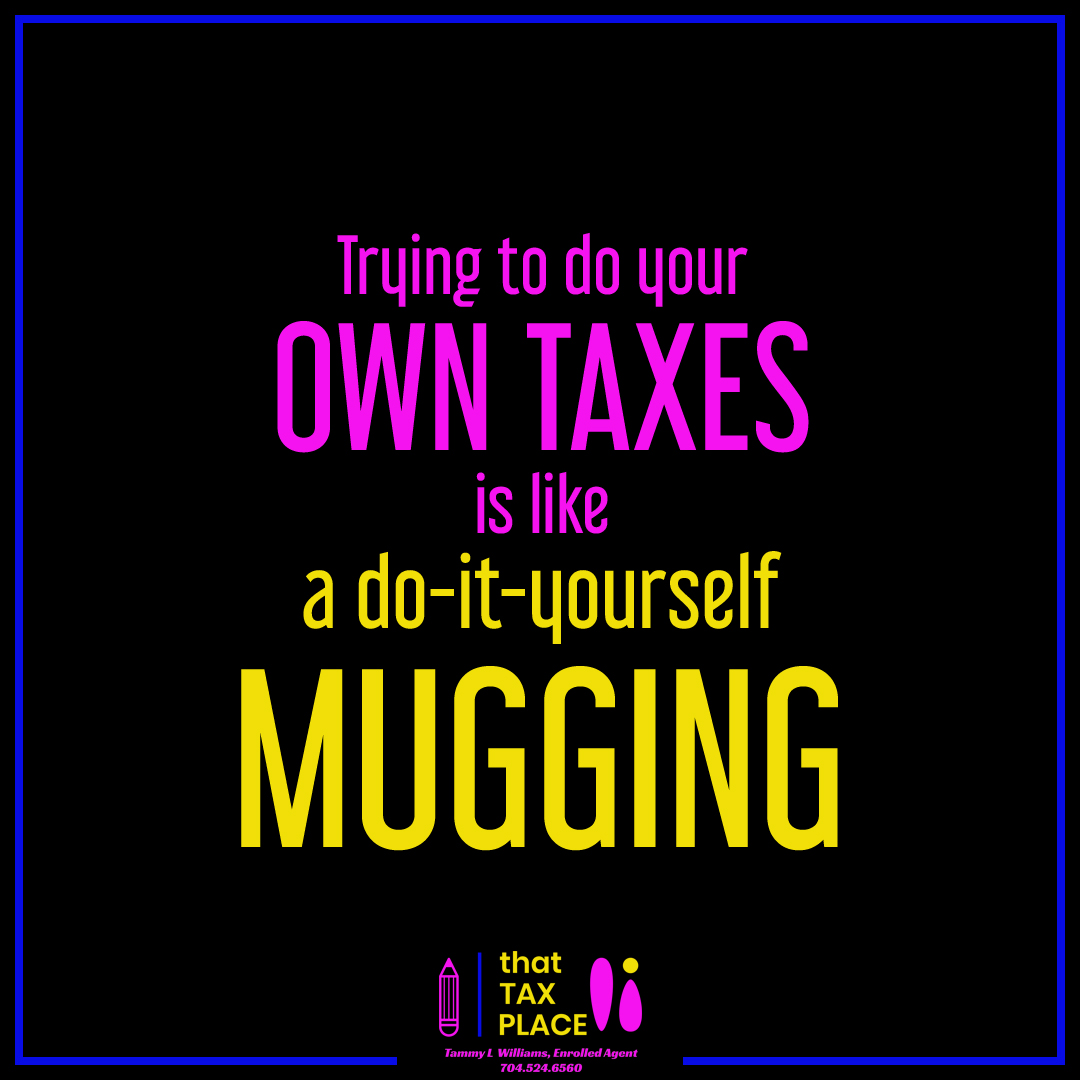Tax Preparation for Small Businesses
As a small business owner tax season can be a particularly stressful time of the year. Not only do you have to worry about your own personal taxes, but you also must navigate the often-complicated process of filing taxes for your business. However, with a little bit of preparation, you can make the process much smoother and less stressful. In this blog post, we will be discussing some tips to help small business owners prepare for tax season.
- Keep Business and Personal Expenses Separate One of the most important things you can do to prepare for tax season is to keep your business and personal expenses separate. This means having separate bank accounts and credit cards for your business and making sure to keep accurate records of all business expenses. This will make it much easier for you to track your expenses and deductions when it comes time to file your taxes.
- Get Your Records in Good Shape In order to prepare for tax season, you will need to have all your financial records in good shape. This includes things like invoices, receipts, bank statements, and any other financial records that may be relevant to your business. Make sure that all your records are organized and easy to find, and that they are accurate and up to date.
- Review Accounts Receivable and Inventory Balances Another important step in preparing for tax season is to review your accounts receivable and inventory balances. Make sure that you have a clear understanding of how much money you are owed by customers, and how much inventory you have on hand. This will help you to make more accurate estimates of your income and expenses when it comes time to file your taxes.
- Review Equipment Purchases If your business has made any significant equipment purchases in the last year, be sure to review them and make sure that you are taking advantage of any tax deductions or credits that may be available. This can include things like the Section 179 deduction, which allows businesses to deduct the full purchase price of certain types of equipment in the year it was purchased.
- Check Potential Tax Credits In addition to deductions, there are also several tax credits that may be available to small businesses. These can include things like the Small Business Health Care Tax Credit, which can help cover the cost of employee health insurance, and the Work Opportunity Tax Credit, which can help offset the cost of hiring certain types of employees. Be sure to check with your tax professional to see if any of these credits may apply to your business.
- Prepare for the Coming Year Finally, as you prepare for tax season, it is important to also think about the coming year. Take time to review your financial records and think about ways you can improve your financial management. This could include things like implementing a budget, automating invoicing, and tracking expenses, or hiring a bookkeeper to help keep your records in order. By taking steps to prepare for the coming year, you can ensure that you are in a better position to manage your taxes next year.
In conclusion, preparing for tax season can be a daunting task for small business owners, but with a little bit of preparation and organization, it doesn’t have to be. By following the tips outlined in this blog post, you can make the process much smoother and less stressful. Hire the best, that TAX PLACE to make tax preparation and filing even less stressful!
